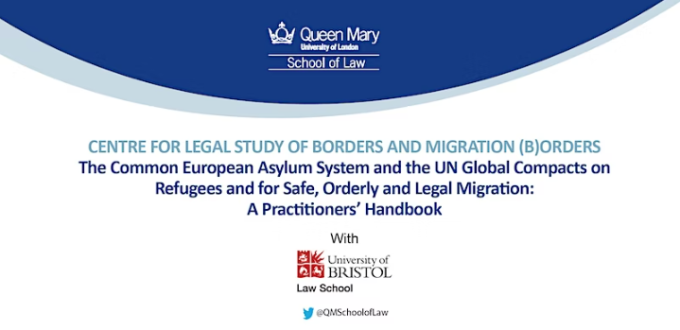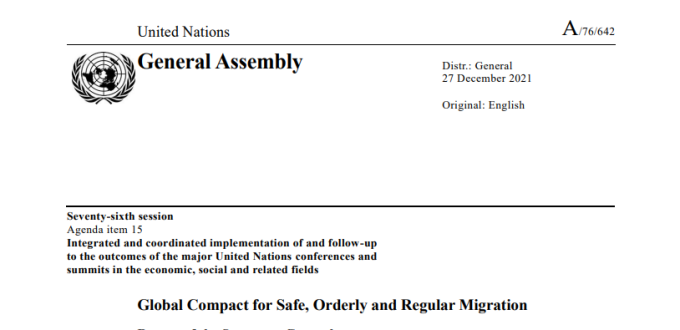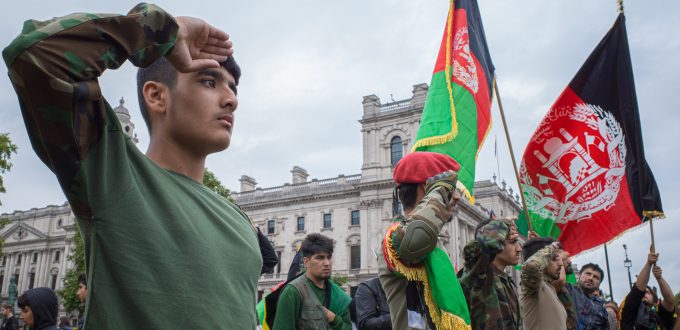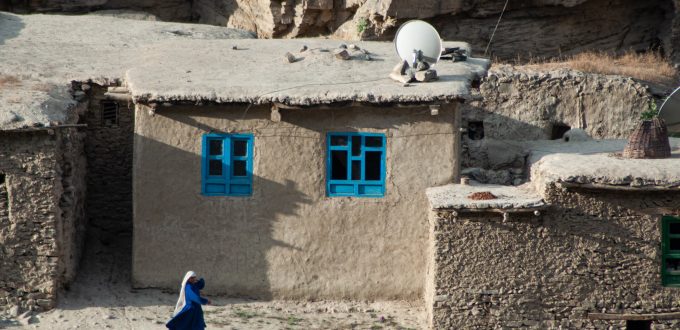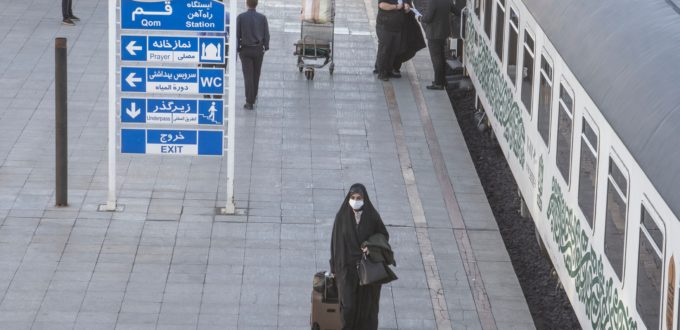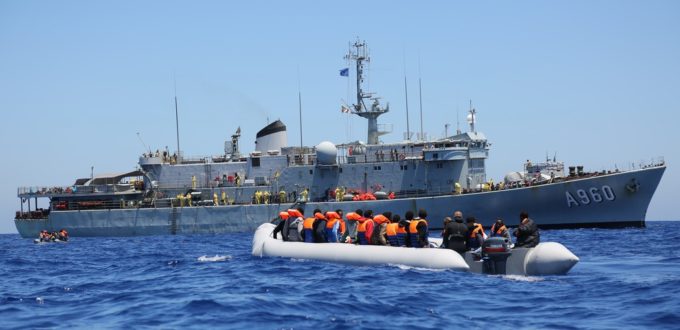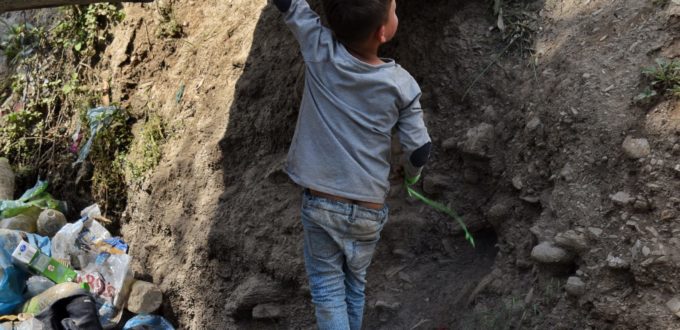This Practitioners’ Handbook on the Common European Asylum System (CEAS) and EU and Member States’ Commitments under the UN Global Compact on Refugees and the UN Global Compact for Safe, Orderly and Regular Migration identifies CEAS provisions which fulfil the Compacts’ requirements as well as those that diverge therefrom. Through this exercise, the Handbook highlights […]
The Common European Asylum System and the UN Global Compact for Safe, Orderly and Regular Migration
When: Tuesday, 27th September 2022, 17:00 – 19.00 hrs Where: Room 3.1, Lincoln’s Inn Fields, Centre for Commercial Law Studies, Queen Mary University of London or online (register here) The (B)OrderS: Centre for the Legal Study of Borders and Migration at Queen Mary University of London (QMUL) and the Centre for International Law at the University of Bristol invite you to […]
The legal effects of a non-binding instrument: the Marrakech Compact, EU development funds, and poli...
Recently, however, our attention was drawn to a leaked 2019 document produced by the European Commission’s legal service, titled ‘The legal effects of the adoption of the Global Compact for Safe, Orderly and Regular Migration by the UN General Assembly.’ This document suggests that the MC has ‘legal effects’ on EU development policy. The document […]
Implementing Migrant Protection? The UN’s Second Report on the Implementation of the Global Compact
In this blog post, Maja Grundler and Elspeth Guild discuss the Report’s approach to monitoring implementation of the MC. They argue that more explicit engagement with the MC’s objectives and detailed provisions, as well as concrete suggestions for actions for achieving, and criteria for measuring, progress should be the focus of future implementation reports. […]
Safe Passage for Afghans? The EU’s response towards Afghans at risk in light of the Global Compacts
The EU’s (lack of) response to the situation in Afghanistan The EU’s most recent response to the situation in Afghanistan consisted of a “High-Level Forum on providing protection to Afghans at risk,” hosted by the European Commission on 7 October 2021. Judging from the press briefing given by EU Commissioner for Home Affairs Ylva Johansson […]
Why are you a Refugee? Afghans and the US Identity Database
One of the questions which arises constantly in the context of data protection debates and discussion in Europe is why so much protection is needed and why so much attention is given to state use of our data when we have nothing to hide. This argument comes up again and again in political and academic […]
Covid-19 and the response of Portugal: choosing an inclusive path
The arrival of the Covid-19 pandemic in Europe, starting in February 2020, led to extraordinary measures to slow down the spread of the virus, in particular through restricting the movement of persons. These restrictions included the closure of many parts of public administrations, access to ports for rescue vessels in Italy and serious disruption to […]
Accessing a Fair Asylum Procedure: Failures at the external borders of the European Union
Just as Frontex and national border guards are intensifying their coordination of external border controls, it is time to investigate how, whether and under what conditions, national fundamental and human rights bodies can cooperate and coordinate to provide the necessary counterbalance to the coordination of border controls. Ending the seemingly endless litany of deaths and human rights abuses occurring in or around external border operations of EU and Member State agencies (or through failure to act) is the only principled way forward that is in line with States’ commitments to respect, promote, and fulfill the human rights of migrants and refugees.
12 months and counting: 8 severe consequences of Covid-19 for refugees, migrants, and asylum seekers
The ongoing pandemic has had devastating consequences for people, communities, and economies all over the world. Throughout 2020, PROTECT researchers have paid particular attention to how the pandemic has affected people on the move in different countries and continents. We have summarized our main concerns.
Syrian civil war at 10: the refugee crisis at a glance
The Syrian civil war has been waging for ten years and the consequences for Syria, Syrians, the neighboring states, and the region have been devastating. The crisis has left over 6.6 million Syrians in need of protection and resettlement. Still, a handful of neighboring states continue to host the majority of Syrian refugees.


